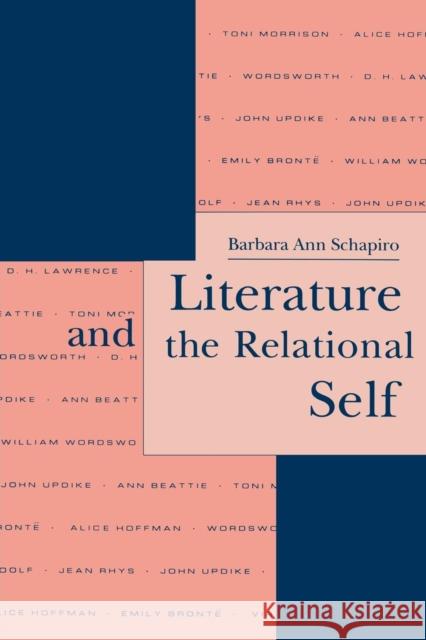Literature and the Relational Self » książka
Literature and the Relational Self
ISBN-13: 9780814779699 / Angielski / Twarda / 1993 / 220 str.
-Literature and the Relational Self is a tribute to the rich complexity of human nature--as poets, novelists, and relational models of contemporary psychoanalysis mutually attest.-
--Psychoanalytic Psychologist While psychoanalytic relational perspectives have had a major impact on the clinical world, their value for the field of literary study has yet to be fully recognized. This important book offers a broad overview of relational concepts and theories, and it examines their implications for understanding literary and aesthetic experience as it reviews feminist applications of relational-model theories, and considers D. W. Winnicott's influential ideas about creativity and symbolic play. The eight incisive essays in this volume apply these concepts to a close reading of various nineteenth and twentieth-century literary texts: an essay on Wordsworth, for instance, explores the poet's writing on the imagination in light of Winnicott's ideas about transitional phenomena, while an essay on Woolf and Lawrence compares identity issues in their work from the perspective of feminist object relations theories. The cultural influences that have led to the development of the relational paradigm in the sciences at this particular historical moment have also affected contemporary art and literature. Essays on John Updike, Toni Morrison, Ann Beattie, and Alice Hoffman examine self-other relational dynamics in their texts that reflect larger cultural patterns characteristic of our time. The author reviews feminist applications of relational-model theories and applies these models to works by William Wordsworth, Virginia Woolf, John Updike, Toni Morrison, and others.











